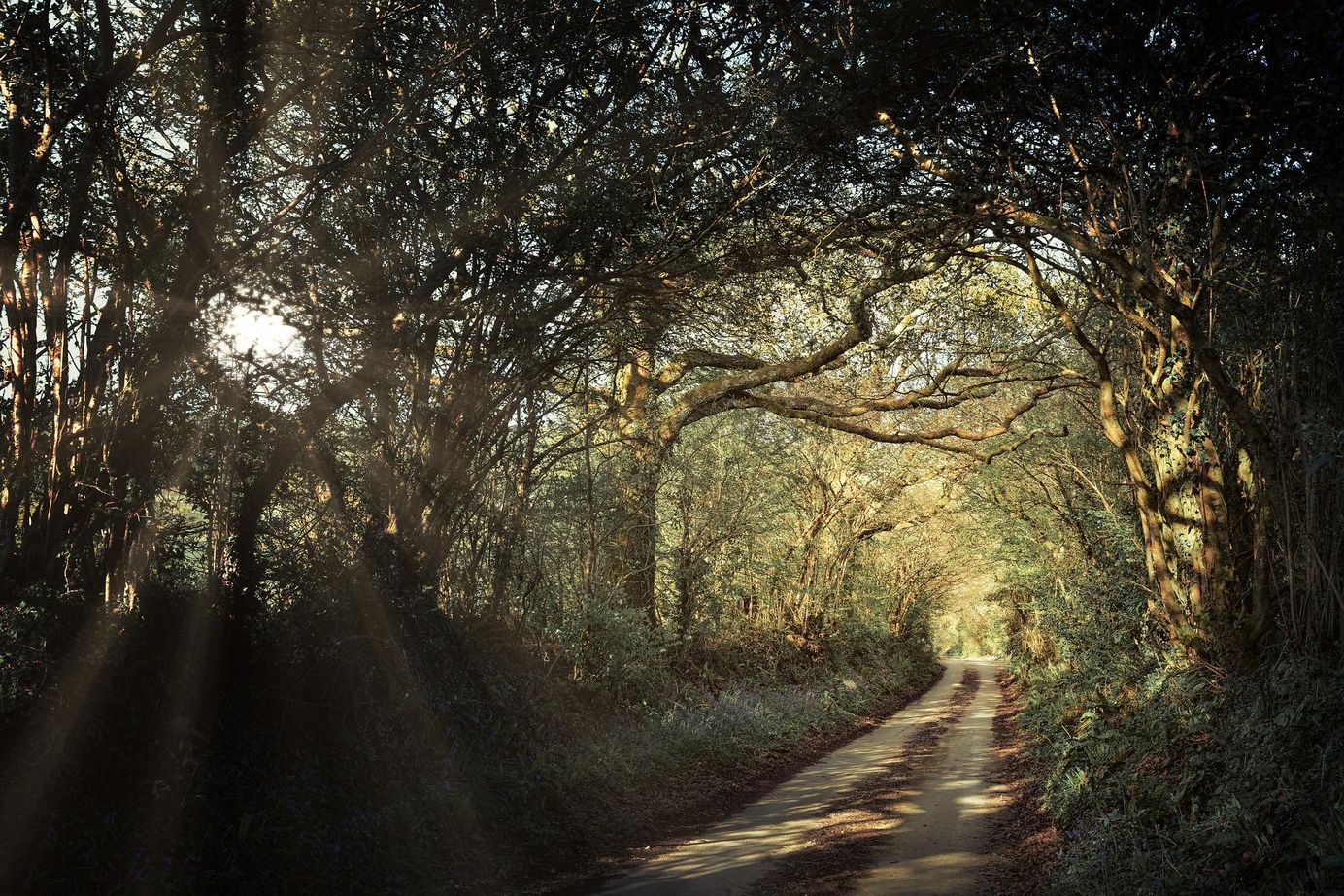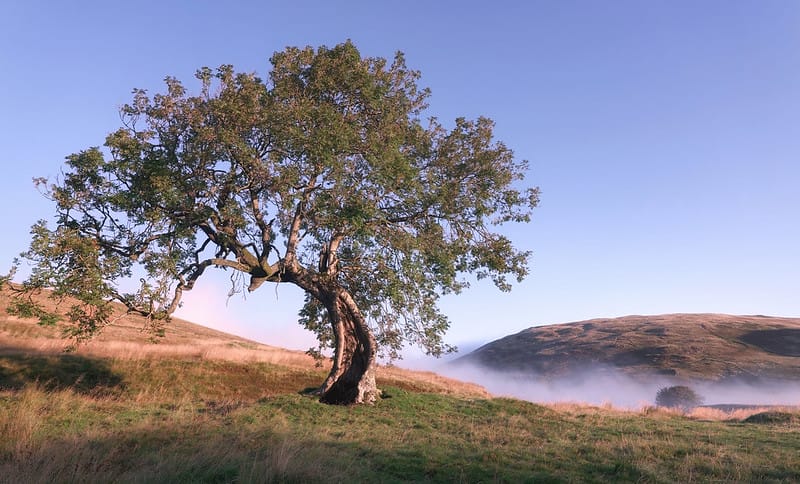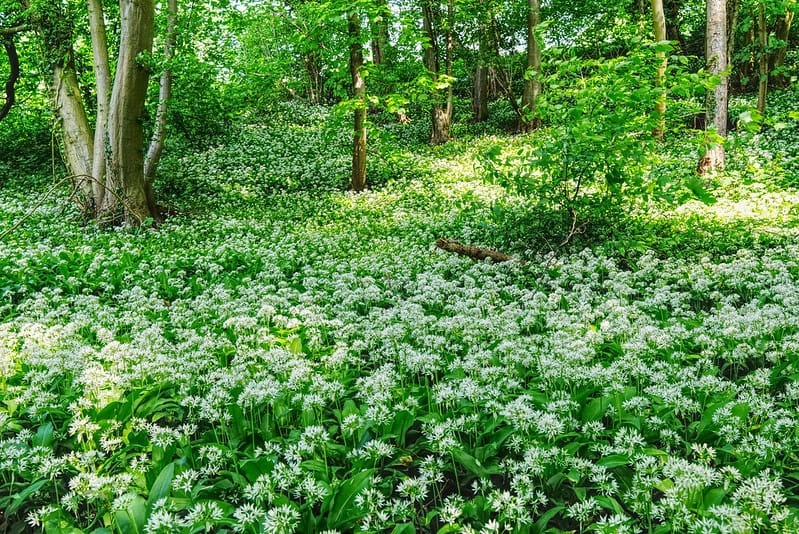
Is your local council rewilding? Now including Wales and Scotland.
Browse our interactive map to see exactly how each council across England, Scotland and Wales is approaching rewilding.
Councils in England have embraced rewilding more enthusiastically than those in Scotland and Wales, new analysis by Inkcap Journal and the Guardian shows.
Last year, Inkcap Journal asked every council in England whether they were currently rewilding, or had any plans to do so in the future. Alongside the Guardian, we have updated our analysis, and expanded it to include councils in Scotland and Wales.
In total, we found that 21% of councils (43 of 206) were either currently rewilding or had plans to embrace it soon. In England, 22% of councils were rewilding; 19% in Scotland; and 14% in Wales. We've broken down the exact numbers on the chart below.
These statistics indicate the overall willingness of councils to endorse rewilding as part of their approach towards conservation, but should not be taken as an absolute barometer of their commitment towards nature recovery.
The term continues to mean different things to different people, and attempting to divide councils into two camps inevitably involves making some judgment calls. We calculated the figures based upon self-identification. If a council confirmed they were rewilding, or otherwise endorsed rewilding as an approach, then we counted them as a positive. If they rejected the term, then we counted them among the negatives.
The one exception to this rule was when council plans for rewilding were clearly restricted to a reduced grass mowing regime. We did not count this as rewilding in our final tally (though for more information on how councils are approaching grass cutting, read our investigation from last year) as there is no element of hands-off or landscape-scale management involved.
In practice, this means that – in certain cases – there may be little to distinguish the actions of a pro-rewilding council from a non-rewilding council beyond the label that they apply to their efforts.
The flexibility of the term is demonstrated by the pains that some councils took to demonstrate exactly what it meant to them, and why it was or was not an appropriate strategy for their land. Or, as Birmingham City Council put it, in one particularly memorable response: "Some say how far do you go back in time – what about rewilding to that of the Jurassic period?"

Also worth remembering is that some councils have more capacity for landscape-scale projects than others, based upon the area and types of land that they own – an issue we explored in more depth in last year's analysis.
Even so, there were a number of councils that had embraced opportunities to rewild the urban landscape, including re-naturalising river channels (Enfield) and rewilding golf courses (Brighton). Check out the Guardian's article for some of the most inspiring examples of rewilding currently underway across the country.
We've included the responses of each council on the map below, so you can explore the responses of each council in more depth – and ultimately decide for yourself whether their approaches should be described as rewilding. Click on the councils to activate the pop-ups.
With additional reporting by Patrick Greenfield and Coreen Grant. The Scottish part of this investigation was funded by The Pebble Trust.
Subscribe to our newsletter
Members receive our premium weekly digest of nature news from across Britain.
Comments
Sign in or become a Inkcap Journal member to join the conversation.
Just enter your email below to get a log in link.








